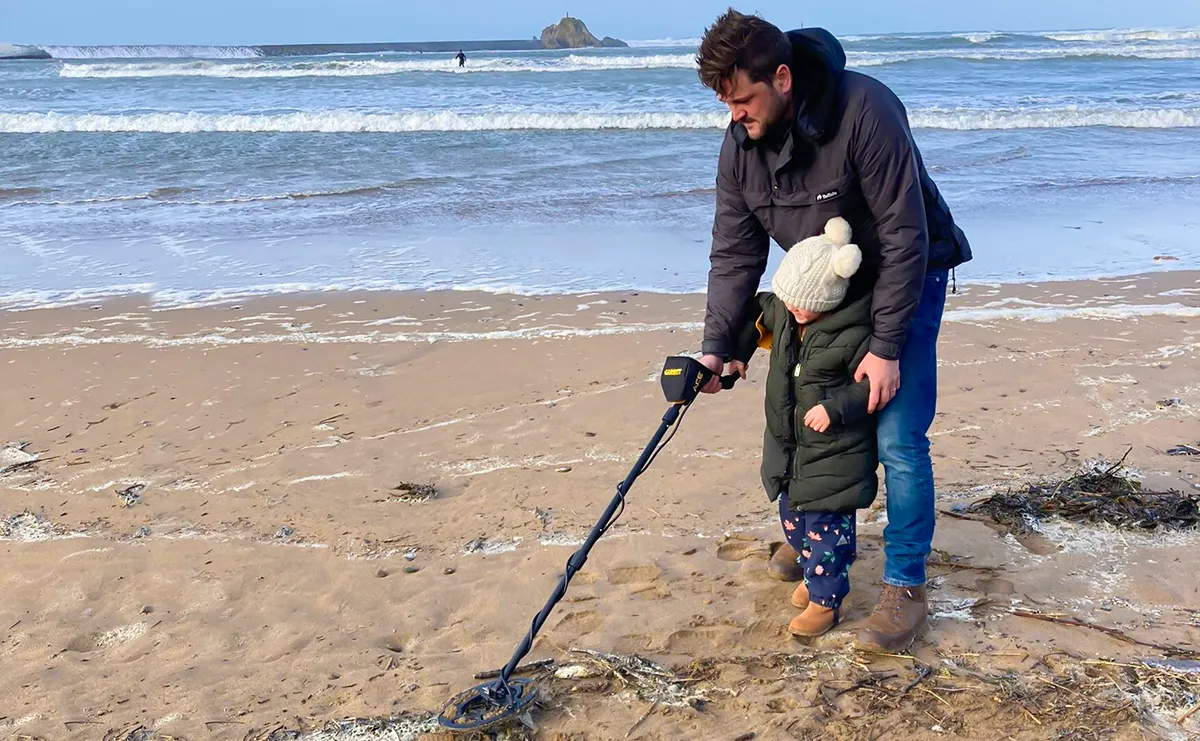Metal detecting offers an exciting way to explore the past, uncover hidden treasures, and enjoy the outdoors. If you’re considering diving into this captivating hobby, choosing the suitable metal detector is your first step. This article will guide you through the process of selecting metal detectors for the first time, ensuring an enjoyable and successful journey into the world of metal detecting.
Understanding The Basics Of Detectors
Before you make a purchase, it’s crucial to have a basic understanding of how detectors work. These devices emit electromagnetic signals that bounce back when they encounter metal objects. The detector’s coil receives these signals and alerts you with a tone or display. Different detectors are designed for various types of treasure hunting, including coins, relics, jewelry, and even gold prospecting.
Choosing The Right Type Of Detector
Consider your treasure-hunting goals when selecting a detector. For beginners, an all-purpose or entry-level detector is a wise choice. It balances features and ease of use. Specialized detectors cater to specific interests like underwater detecting or gold hunting. Research and assess which type aligns with your preferences.
Factors To
Frequency
Detectors with higher frequencies are more sensitive to smaller objects but might not perform as well with larger items. Lower frequencies offer greater depth penetration but may miss smaller targets.
Coil Size
Larger coils cover more ground, while smaller ones offer better target separation. Choose according to your intended hunting location and target size.
Ground Balance
Adjustable ground balance helps the detector adapt to different soil mineralization levels, reducing false signals.
Discrimination
This feature lets you filter unwanted items, like nails or aluminum foil, by adjusting the detector’s sensitivity to specific metals.
Budget Considerations
Detectors vary in price, so setting a budget is essential. Quality entry-level detectors range between $200 to $600, while more advanced models can go beyond $1000. Factor in additional costs for accessories like headphones, pinpointers, and digging tools.
Researching And Comparing Models
Browse reputable detector brands. Read reviews, watch videos, and visit metal-detecting forums to gather insights from experienced hobbyists. Make a list of potential models that align with your preferences.
Read Also: 12 Electricians Spare Parts & Tools For Home Electrical Repairs
Try Before You Buy
Whenever possible, try out different models before purchasing. Hands-on experience helps you understand the detector’s ergonomics, weight, and functionality, ensuring a comfortable fit for your treasure-hunting expeditions.
Understanding Technical Specifications
Familiarize yourself with technical terms like sensitivity, discrimination levels, and depth indicators. These specifications provide valuable insights into a detector’s capabilities and limitations. Cross-reference the specifications with your intended use to make an informed decision.
Accessories And Essentials
Invest in essential accessories like headphones to hear faint signals. A pinpointer aids in locating targets within a small area, reducing digging time. A sturdy digging tool and a pouch for your finds are also crucial additions.
Learning The Ropes
Once you’ve acquired your detector, practice in your backyard or local park. Familiarize yourself with the detector’s signals, tones, and settings. Gradually move on to different terrains and locations, refining your skills.
Respecting Laws And Regulations
Research local laws and regulations related to metal detecting in your area. Some places require permits or have restrictions on historical sites. Respecting these guidelines ensures a responsible and ethical hobby.
Buying metal detectors for the first time is an exciting step towards a rewarding hobby. By understanding the basics, researching models, and considering factors like budget and technical specifications, you can make an informed decision. Remember to practice, respect regulations, and join a community to make the most of your metal-detecting journey.
Additionals:





























